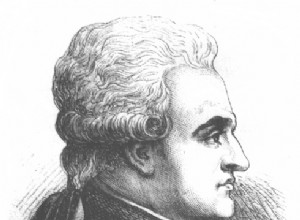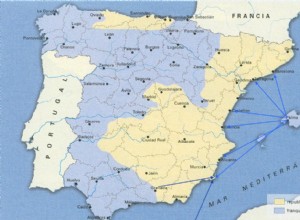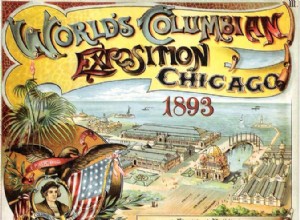He who loses his riches loses much; he who loses a friend loses more; but he who loses courage loses everything. These words of the universal Miguel de Cervantes they should not have reached the ears of the Frenchman Pierre Charles Silvestre de Villeneuve or at least they did not make a dent in it




